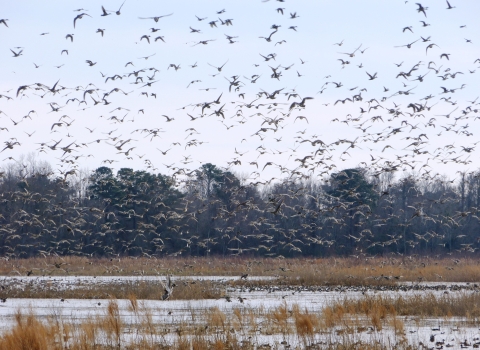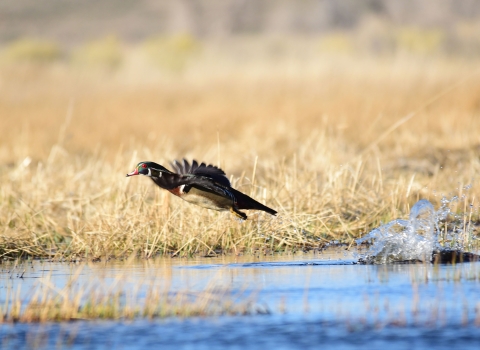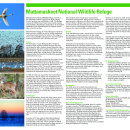Visit Us
Mattamuskeet National Wildlife Refuge is a popular place for visitors to enjoy a variety of wildlife-dependent recreation. During fall and winter, concentrations of swan, geese, and ducks are a delight to both wildlife observers and photographers. Visitors are welcome to walk or bicycle throughout the refuge; however, visitors are cautioned to review the corresponding map and observe refuge regulatory signs, as some areas are closed to the public during the winter. The refuge’s canals, marshes, and Lake Mattamuskeet are frequented by anglers catching largemouth bass, striped bass, catfish, crappie, and other species. The refuge also hosts special white-tailed deer and waterfowl hunts.
Location and Contact Information
Projects and Research
Mattamuskeet National Wildlife Refuge and the North Carolina Wildlife Resources Commission (NCWRC), working together as the Mattamuskeet Technical Working Group (abbreviated TWG), have been awarded $1 million dollars by the U.S. Fish and Wildlife Service’s Large Invasive Species grant program to remove invasive common carp (Cyprinus carpio) from Lake Mattamuskeet. The removal of common...






